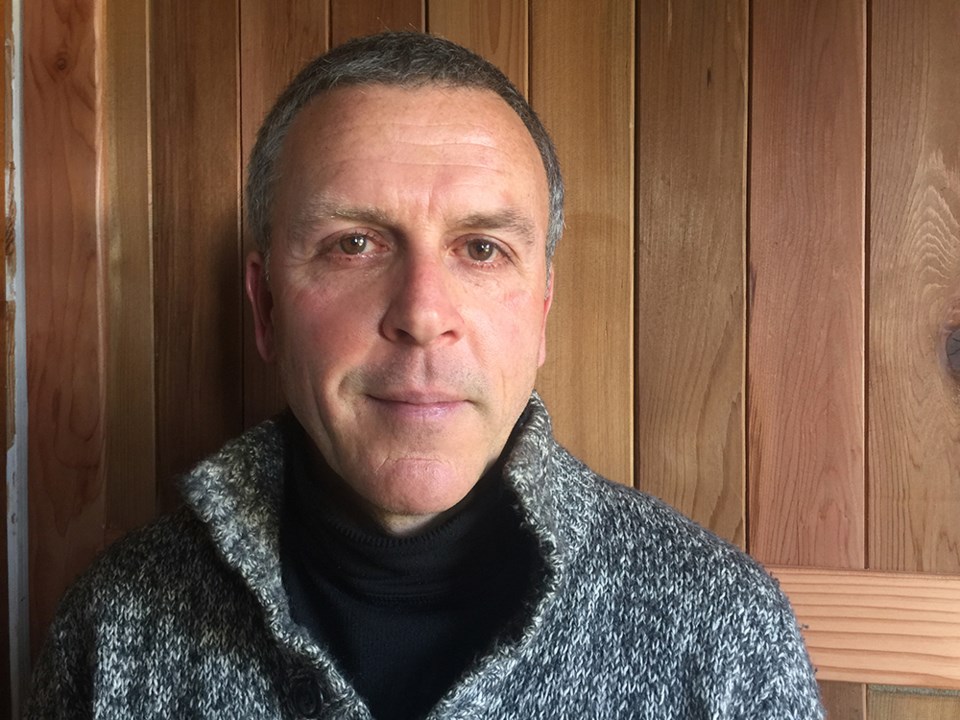Near and Far is a column about public issues and cultural affairs
Did you hear that sound? It was almost imperceptible, wasn’t it? That’s the sound of the climate crisis becoming a permanent emergency.
And did you hear that other sound? Even more faint, barely noticeable? That’s the sound of absence; the absence of political, legal, financial and moral accountability when it comes to the political and corporate actors who have brought us to this existential moment.
Much of BC is on fire. Hundreds of British Columbians died during the heat dome event at the end of June. Much of northern Ontario is on fire.
Much of the western United States is on fire. Much of Siberia is on fire. Parts of Europe are reeling from unprecedented floods. Parts of China are reeling from unprecedented floods.
The Amazon has been so devastated by soy, palm oil and beef production destroying rainforest that the region is now emitting more CO2 than it is absorbing. Unprecedented.
The planet’s lungs are dying. Glaciers are melting even faster than anticipated by climate scientists. They’re melting so quickly that massive flooding now happens in the same place and at the same time as tornado firestorms.
Meanwhile, prime minister Justin Trudeau is doing what too many politicians do too often: thinking of himself.
He’s thinking of capitalizing on weak opponents in order to win a majority government. He and his advisers are turning their attention to the needs and wants of the Liberal Party rather than the needs and wants of Canadians in a perilous moment on an increasingly perilous planet.
Canada has the worst record of all G7 countries when it comes to reducing greenhouse gas (GHG) emissions since the Paris Agreement was signed to great fanfare in 2015. And, unfortunately for the human race and countless other species, Canada has lots of company when it comes to an abysmal record on reducing emissions. In fact, the International Energy Agency (IEA), widely respected as the most credible source of climate and energy information, tells us that lethal emissions are rising, and on track to be the highest ever recorded by 2023.
Of course, much larger economies produce a much greater share of GHGs than Canada. But Canada is truly a shameful laggard when it comes to the greatest existential threat our species has ever faced. Who will tell Justin Trudeau? And will it matter to Canadian voters in the cynical election almost upon us?
You might think that with the fate of our species and countless thousands of other species in the balance, there would be broad and deep public conversation in Canada and around the world about fundamentally changing how we do pretty much everything. But that’s not happening.
Here in Canada, the Conservative Party recently refused to say out loud that human-caused climate change even exists at its last policy convention, let alone question the system that is destroying life on Earth.
The NDP, with less than 10 per cent of the seats in the House of Commons, seems to have lost its way somewhere around the time Ed Broadbent hung up his brown corduroy suit. Never shall you hear the words “social democracy” from a New Democrat MP and never shall you hear one suggest anything other than maybe it would be a good idea to be nicer and greener than the Liberals.
Full disclosure: I’ve worked for one national NDP leader, two NDP premiers, three NDP national election campaign war rooms and one NDP MP; I feel qualified to comment on the timorous NDP.
And speaking of Greens, who hold just under one per cent of the seats in the House of Commons, they’ve managed to take a compelling European brand of politics and turn their party into a tiny unhappy family determined to play out all of its dysfunction on the national stage in the weeks leading up to a pivotal election. Who can vote for them in good conscience?
Those of us who do our best to pay attention to factual, scientific information – beyond the political spin and ugly distortions of social media – are left to chart a strangely individualist course at a time when we profoundly need a wise, courageous communitarian response, in Canada and all around this troubled, beautiful world.
John Young has been an advisor to political leaders in Ottawa and Victoria. He was the founding executive director of ACORN Canada, a national advocacy organization working with and for low and moderate income Canadians. He has been a Buddhist monk in France and an organic farmer in Powell River. He lives in Wildwood.

